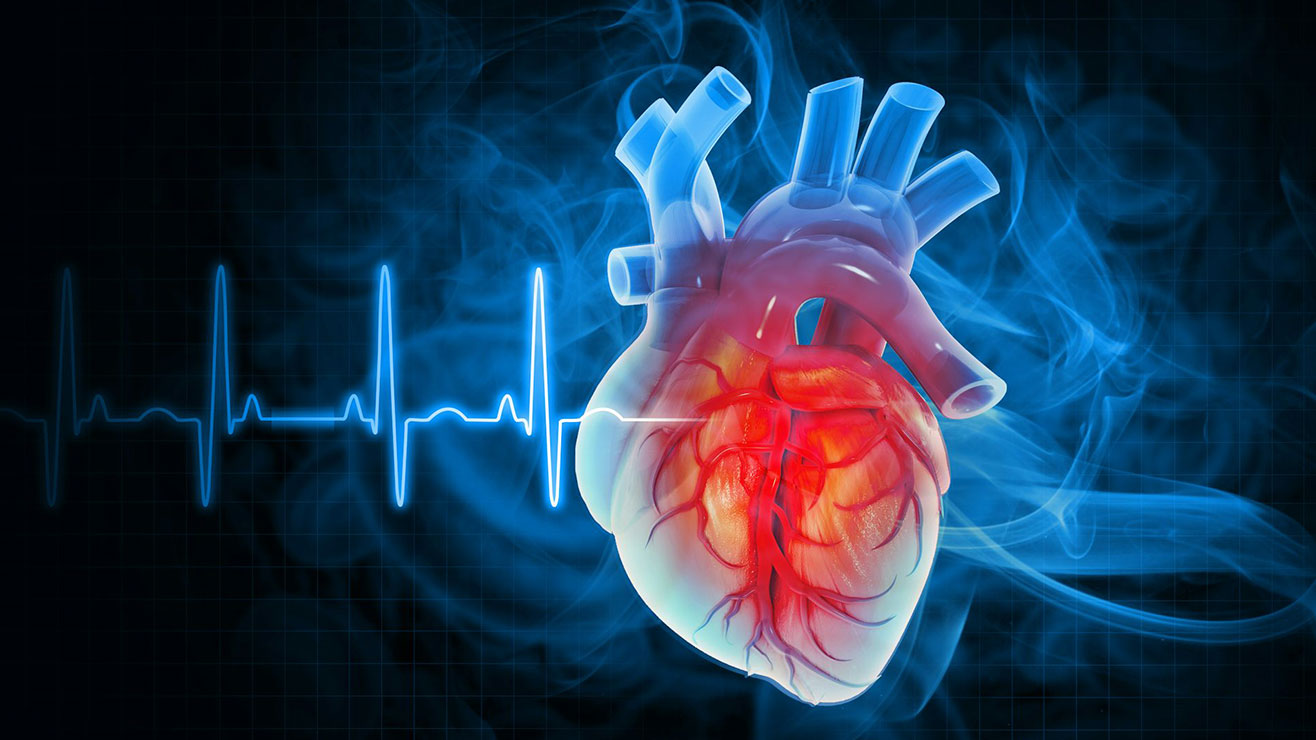Mysterious blood clots in COVID-19 patients have doctors alarmed
Some hospitals are putting all COVID-19 patients on low doses of blood thinners.

As doctors learn more about what makes COVID-19 so severe for some patients, they have discovered a mysterious and potentially lethal complication of the disease: blood clots.
Many doctors have reported seeing an alarming number of COVID-19 patients with blood clots — gel-like clumps in the blood that can cause serious problems, such as heart attack and stroke, according to news reports.
"The number of clotting problems I'm seeing in the ICU [intensive care unit], all related to COVID-19, is unprecedented," Dr. Jeffrey Laurence, a hematologist at Weill Cornell Medicine in New York City, told CNN.
—Coronavirus in the US: Map & cases
—What are coronavirus symptoms?
—How deadly is the new coronavirus?
—How long does coronavirus last on surfaces?
—Is there a cure for COVID-19?
—How does coronavirus compare with seasonal flu?
—How does the coronavirus spread?
—Can people spread the coronavirus after they recover?
Some doctors started to notice that their COVID-19 patients were developing clots in their legs, even while they were on blood thinners, according to The Washington Post. Others reported trouble with dialysis machines for COVID-19 patients, because clots in the patients' blood would clog the machine tubing, according to CNN.
In addition, some COVID-19 autopsies have found tiny blood clots throughout the lungs, the Post reported.
Reports are also surfacing of relatively young people, in their 30s and 40s, who are having strokes after being infected with the new coronavirus, according to CNN. It's known that strokes are often caused by blot clots that break free and travel to vessels in the brain.
The link between COVID-19 and clots has led some hospitals to put all COVID-19 patients on low doses of blood thinners to prevent clots, according to CNN.
Get the world’s most fascinating discoveries delivered straight to your inbox.
It's not uncommon for patients in the ICU to experience blood clots, but the level of clotting with COVID-19 does appear out of the ordinary, CNN reported. A recent study from the Netherlands, published in the journal Thrombosis Research, found that out of 184 COVID-19 patients in the ICU, more than 30% experienced some type of clotting issue. This number is "alarming," Dr. Behnood Bikdeli, cardiovascular medicine fellow at Columbia University Irving Medical Center, told CNN.
Given that COVID-19 is a respiratory illness, doctors expected the most serious effects to be in the lungs, not the blood. It's still unclear why COVID-19 patients are experiencing these clots.
The clots could be the result of an overactive immune system, which leads to an imbalance in "clotting factors" that can cause clotting or bleeding, the Post reported.
But doctors note that many COVID-19 patients in the ICU also have other risk factors for blood clots, such as diabetes, heart disease and high blood pressure, according to CNN.
Doctors say there is an urgent need to study this issue and whether blood thinners can help COVID-19 patients, CNN reported.
- The 12 deadliest viruses on Earth
- 20 of the worst epidemics and pandemics in history
- Going viral: 6 new findings about viruses
Originally published on Live Science.
OFFER: Save 45% on 'How It Works' 'All About Space' and 'All About History'!
For a limited time, you can take out a digital subscription to any of our best-selling science magazines for just $2.38 per month, or 45% off the standard price for the first three months.

Rachael is a Live Science contributor, and was a former channel editor and senior writer for Live Science between 2010 and 2022. She has a master's degree in journalism from New York University's Science, Health and Environmental Reporting Program. She also holds a B.S. in molecular biology and an M.S. in biology from the University of California, San Diego. Her work has appeared in Scienceline, The Washington Post and Scientific American.



